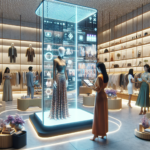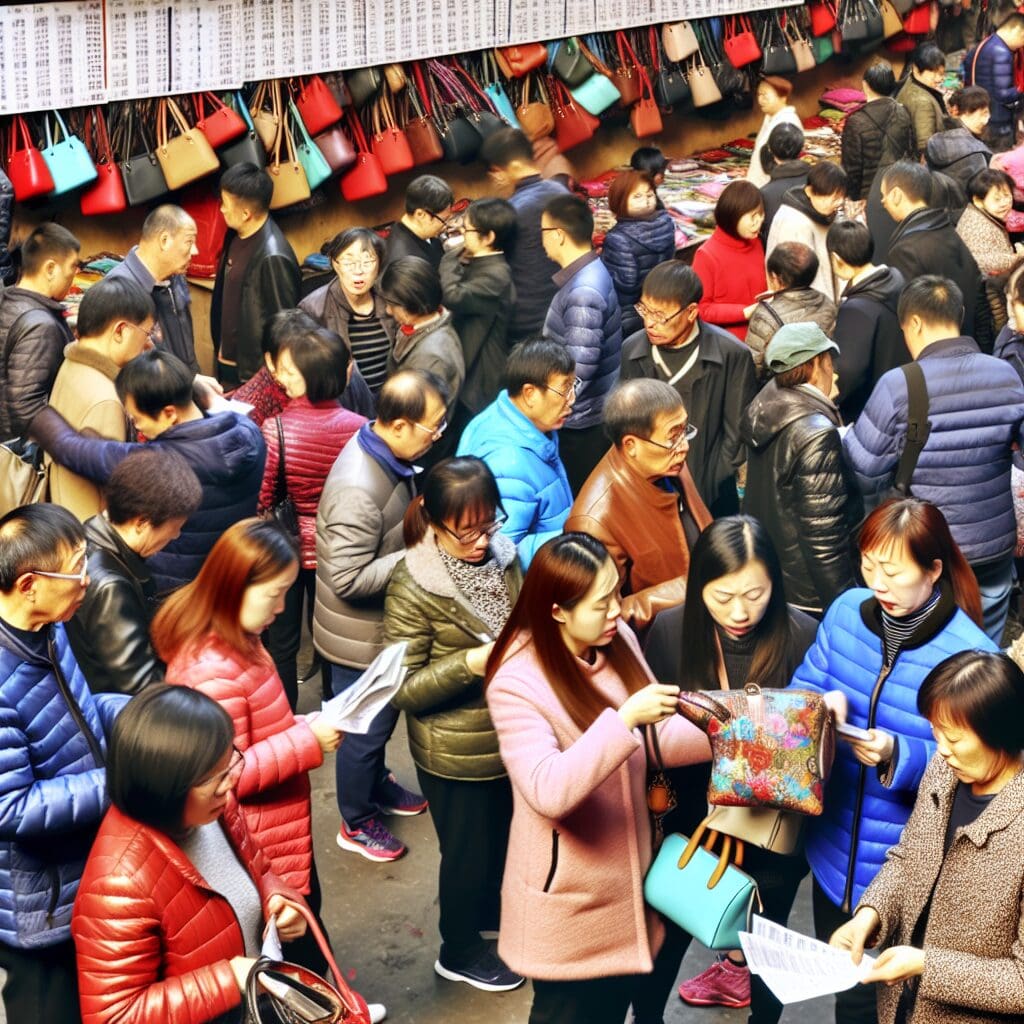In recent months, a significant trend has emerged within China’s consumer landscape, as individuals are increasingly prioritizing experiences over material goods, particularly luxury handbags. Amid economic challenges, including modest income growth and declining home prices, this shift reflects a broader movement toward the “experience economy.”
Factory owner Zheng Weirong’s transition from steel production to guest cabin manufacturing exemplifies this change. With tourism rebounding post-pandemic, Zheng’s revenues are projected to reach around 130 million yuan in 2024, marking a stark contrast to the sluggish sales of luxury goods, as seen with giants like LVMH and Apple. In the first half of 2024, retail sales of services surged by 7.5%, outpacing the 3.2% growth in goods sales.
Cities like Tianshui have seen remarkable upticks in tourism as people venture out for unique experiences rather than shopping. Viral marketing, such as a popular street food review, drove tourism income in Tianshui to 5.9 billion yuan in two months, illustrating the power of experiential marketing.
As consumers warm to wellness and adventure, bookings for custom tours have risen tenfold this year, highlighting a demand for personalized travel experiences. Regional governments, recognizing this shift, are investing in cultural events to draw visitors and stimulate local economies.
This evolving landscape showcases how China’s consumers are redefining their spending choices, signaling bright prospects for service providers and experience-driven companies.












